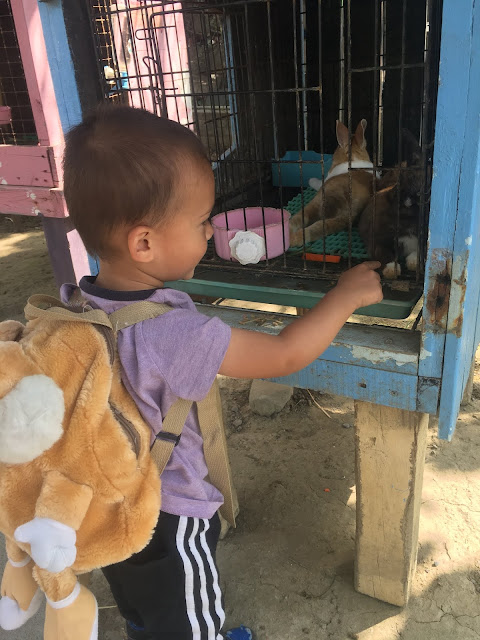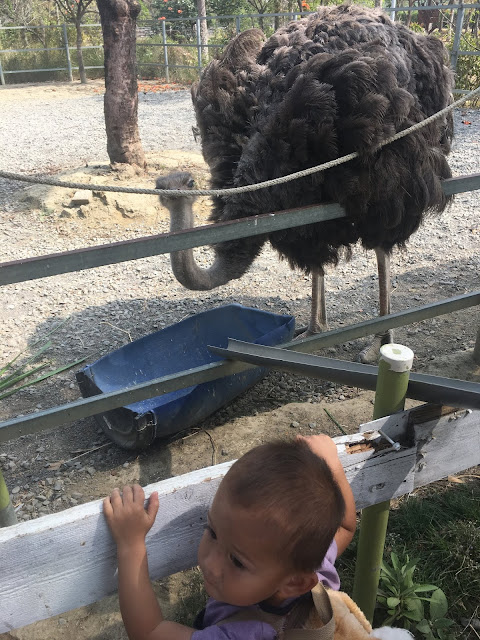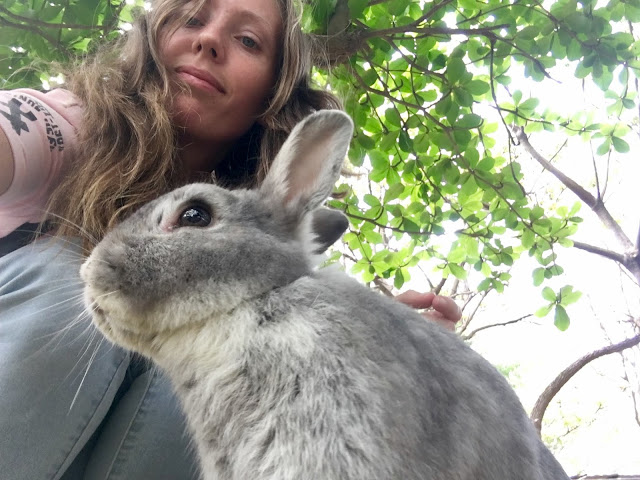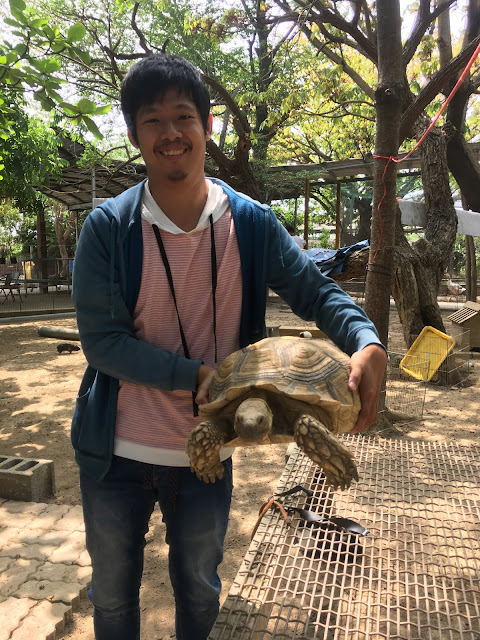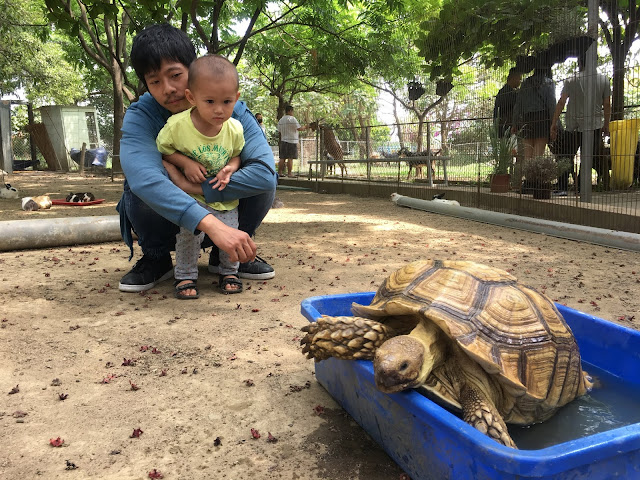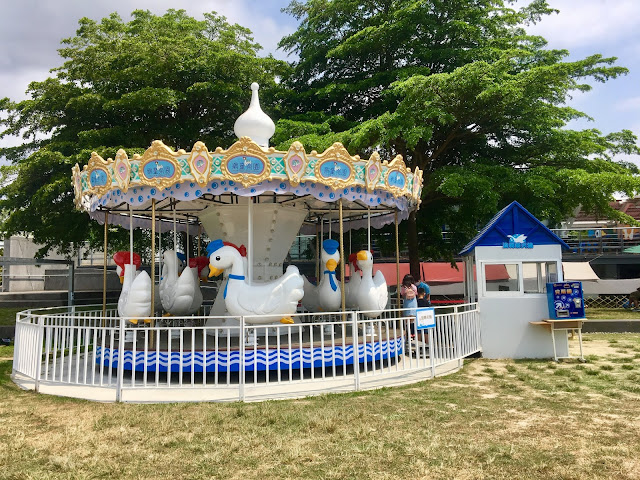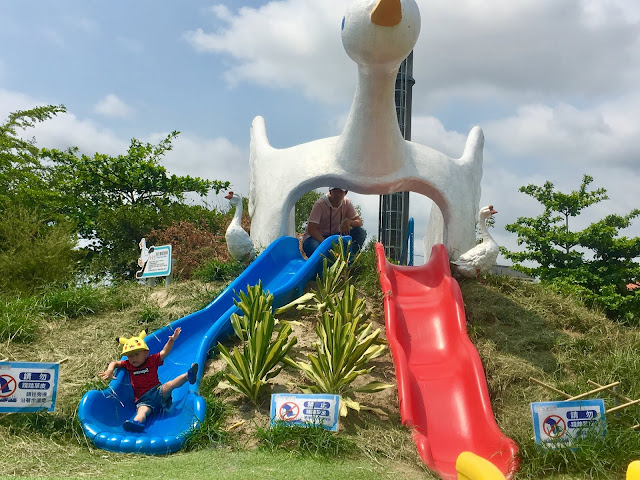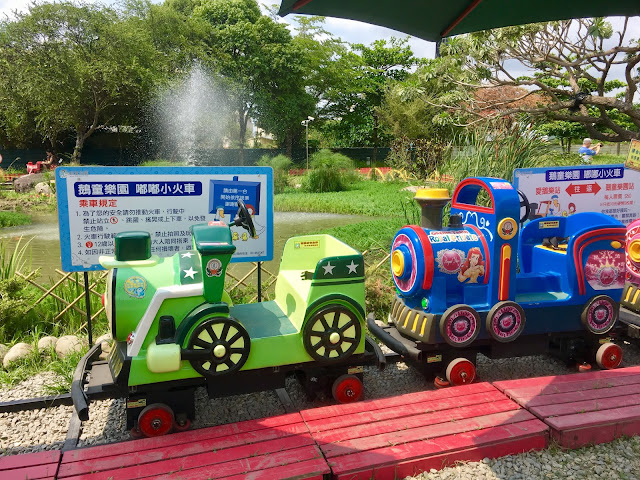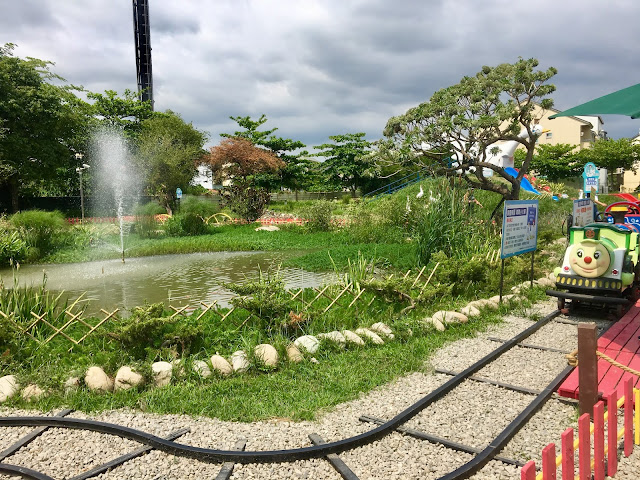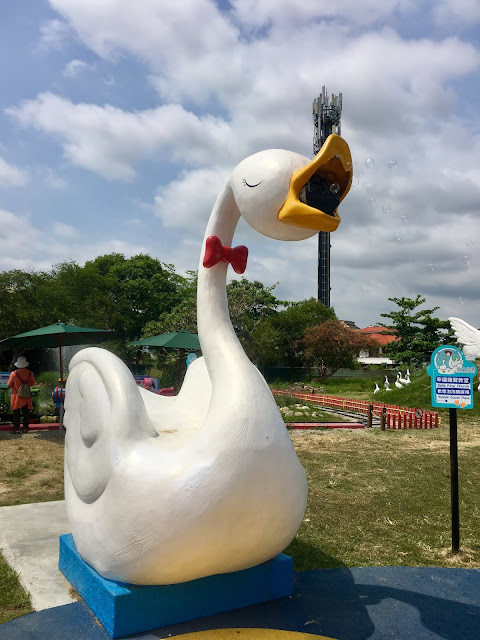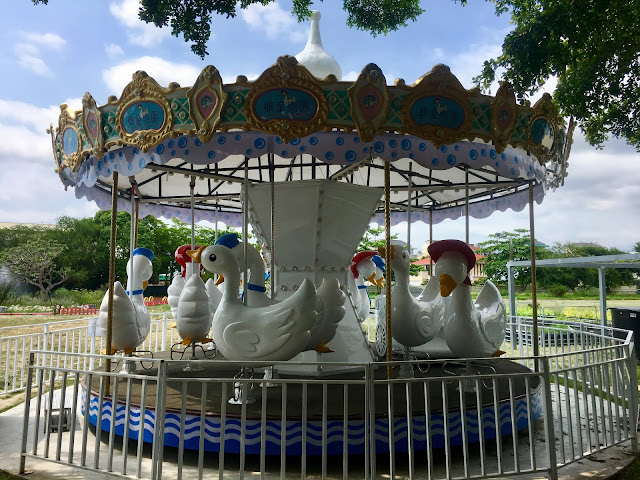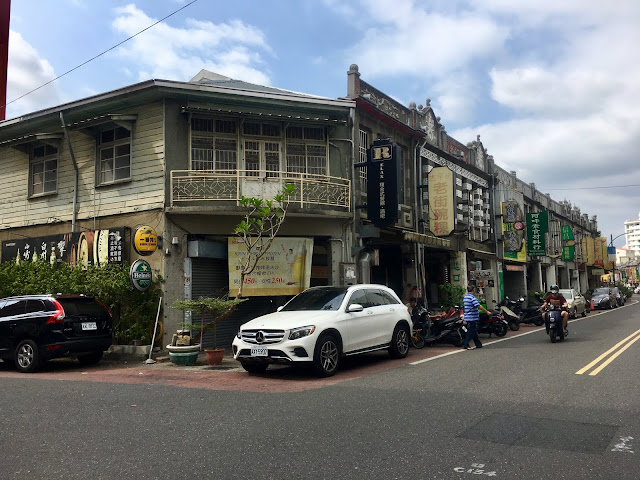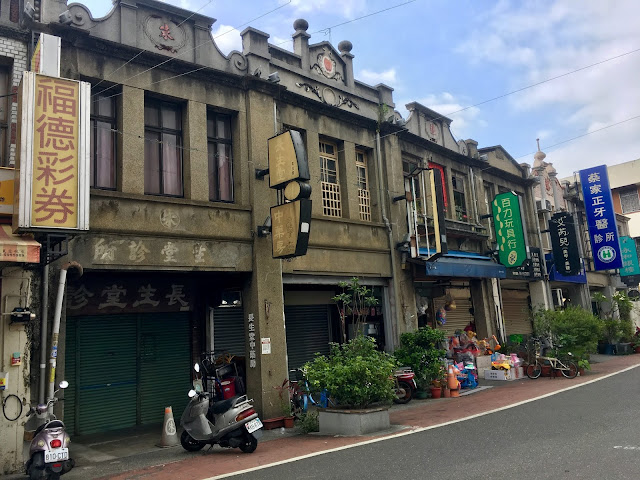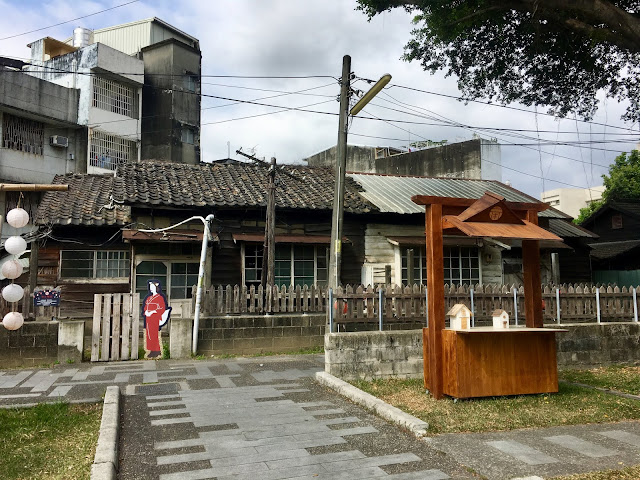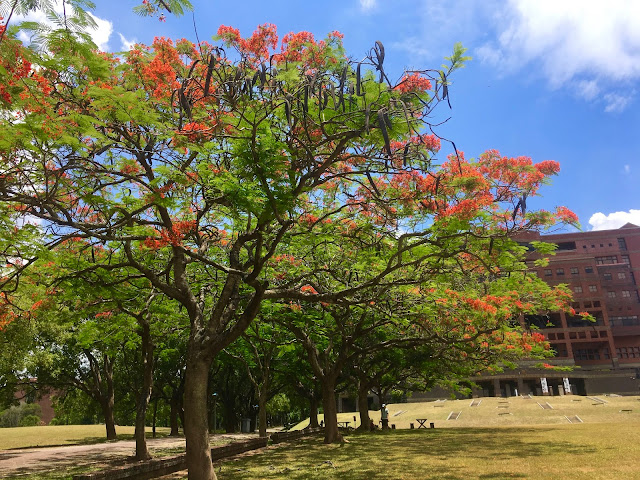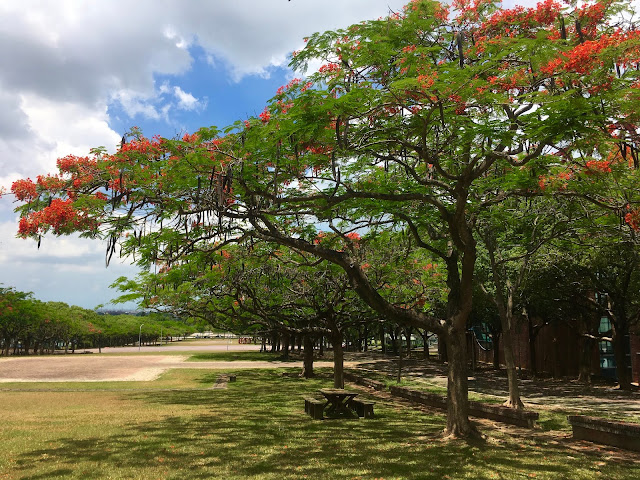Douliu City is the largest city in Yunlin County and serves as its political, economic, cultural, educational, medical, and other centers. It is also one of the main transportation hubs in Yunlin.
Originally, Douliu was the seat of the Hongya tribe (Tawrag), and the Minnan people who later migrated to Quanzhou translated the southern Fujian pronunciation into the Chinese characters "Dou Liumen" (Taiwan: Táu-lak-mn̂g).
After the Sino-Japanese War of the Qing Dynasty in 1895, Taiwan was separated and the county was replaced by a civil affairs branch specializing in civil affairs. The following year, Douliu Street was established in Yunlin County.
Taiping Old Street is an unusually long (about 600 meters) street that stretches from Douliu Circle to Douliu Post Office. The buildings on Taiping Old Street were constructed in the Meiji, Taisho, and Showa eras of the Japanese era. They were built in the Baroque style and are over a hundred years old. Each building has two floors, with intricately carved outer walls displaying lifelike patterns such as Long Fen. Some buildings also bear the surnames of their residents. Most of the buildings are made of clean water bricks, with elements of cement, washed stone, and classical mud block carvings, creating a unique architectural facade.
To preserve these monuments from being transformed into modern buildings, the Cultural Development Association and the city office collaborated to integrate the new urban and rural features. They implemented a plan to reconstruct the historic street, which included unifying shop signs, installing leisure facilities, planting various plants, and setting up street lights. Additionally, they worked together to renovate the street, and the pavement was laid with distinctive floor tiles. As a result, the old street has been transformed into an open-air leisure destination that combines commercial, sightseeing, and recreational activities, enriching the cultural experience in Yunlin County.
Yunzhong Street Cultural and Creative Settlement (雲中街生活聚落)
Yunzhong Street Cultural and Creative Settlement is located on both sides of Yunzhong Street in Douliu City. The wooden houses there exude a strong Japanese nostalgic flavor. The old houses, which had been neglected and abandoned for a long time, have been completely renovated by the county government. They have gradually transformed into cultural and creative parks with distinct characteristics and promote cultural and creative industries.
The park houses various cultural and creative theme halls, including "The Handmade Forest," which features cute potted plants, the "Future Classroom-Robot Workshop" that provides children with hands-on DIY robot experiences, and the "Vinyl Music Story Hall," a room opened by retired professor Zhang Guangxun. He shares his collection of over 8,000 vinyl records accumulated over 30 years. Visitors can listen to old songs and enjoy a cup of tea with him, creating a sense of traveling through time.
Douliou Memorial Hall (古蹟 斗六行啟記念館)
Douliou Memorial Hall, also known as Douliu Xingqi Memorial Hall, was built around 1927 to commemorate Prince Yuren's visit to Taiwan in 1923. Initially named "Douliu Memorial Mansion," it served as a public meeting space and was funded by both local and official sources. Over the years, the building had various uses, including being used by the water company, the Chiayi Supervision Office of the Highway Bureau, the Yunlin County Office of Industry and Commerce, the Military Public Education and Welfare Center, and the Central District Office of the State Property Bureau. It suffered severe damage during the 921 earthquake in 1999 and was classified as a dangerous building. In 2001, it was registered as a historic building. Restoration work took place from 2005 to 2006, and in 2006, the name was changed to "Dou Liu XingQi Memorial Hall."










